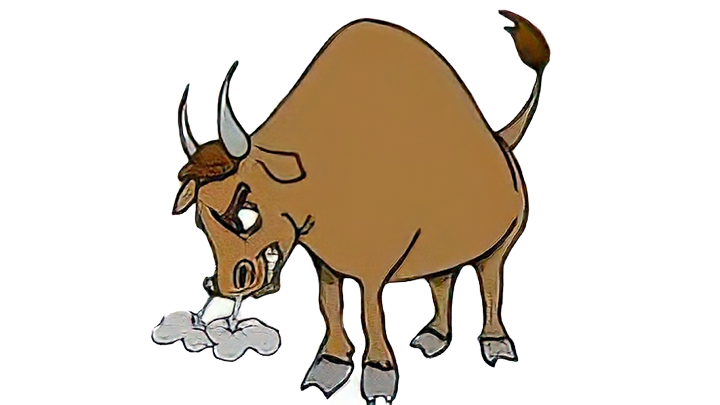Richard Craig on misleading wine label terminology.
Vielles Vignes, Reserve Wine, Cuvée. Do they have any real meaning?
VIEILLE VIGNES has no official meaning, how vielle is vielle? No figures attached! It is a fact that more mature vines make better wines; their roots are deeper enabling the vines to source nutrients in the bedrock and in particular water. There is no conclusive evidence as to when a vine will progress from being jeune vigne one day and suddenly, the day after become vielle vigne or even adolescent vigne, Oh! Ah well, I am not sure, I just go for a fag!! Vines that are too old, do not make good wine and indeed most vineyards are replanted after 30-50 years when yields become uneconomic and the vines more prone to disease.
RESERVE WINE is a term used on wine labels to imply higher quality than usual. In most of the wine producing world, it has no official meaning or any legal requirements and hence anything could be in the bottle. Kendal Jackson, one of the largest wine producers in the world called all their wines Family reserve when they clearly were not. Many other names are often added to "Reserve" such as Vintners, Winemakers, Special and Grande, again with no legal meaning or requirements. The terms Reserva and Riserva do have official regulations in Spain and Italy respectively, referring to the ageing of the wine in barrel and bottle.
CUVEE is a term that appears on labels of bottles of Champagne and still wines. Like Reserve it has no legal status, but is used as a marketing weapon to distinguish it from the normal wine. Cuvée comes from the French word Cuve, meaning tank or vat. All wine is made in a tank or vat and the term cuvée on a random bottle is no guarantee of (higher) quality. In the production of Champagne, the term cuvée does have a legal meaning. It refers to the first grape juice pressing, 2,050 litres from 4,000 kg of grapes. Many Champagnes pride themselves in only using this "cuvée" to make their Champagne and do not use the taille, which gives the wine a coarser character. However this is not the meaning of "cuvée" on Champagne labels.
NATURAL WINES – IF POSSIBLE! Although the desire to produce wine or any agricultural product in "a non interventionalist manner as possible" is an admirable one, it can and does lead to confusing and misleading wine labels. Currently Natural wine has no certification body and the term has no legal status. Definitions include wine made in small quantities, by an independent producer, low yielding vineyards, made from handpicked, organically grown grapes, without added sugar and foreign yeasts, without adjustments of acidity, without use of micro oxygenation or reverse osmosis, neither filtered nor fined and with as little sulphur as possible. All laudable aims, but aims are not practice and are not all achievable every, or indeed in some cases, any year. Yet the wine can still be called NATURAL! Why not call it for example, "The best wine we could possibly produce given the devastating frosts, the severe hail storms, fungal diseases and persistent rain at harvest!"


